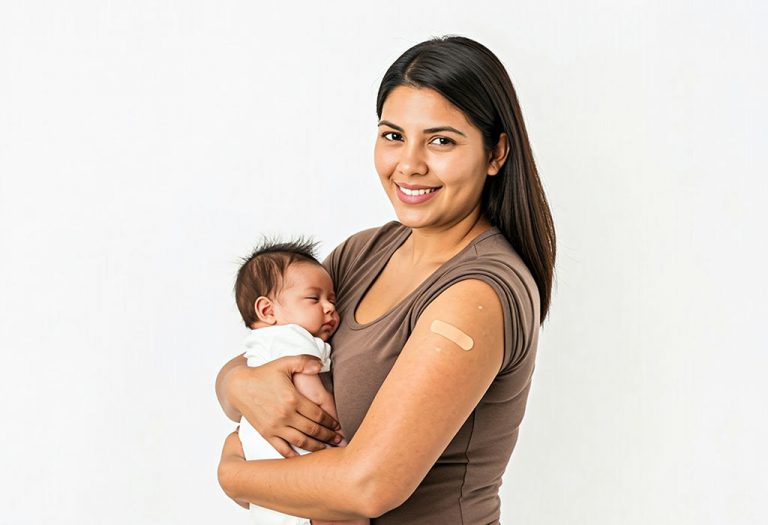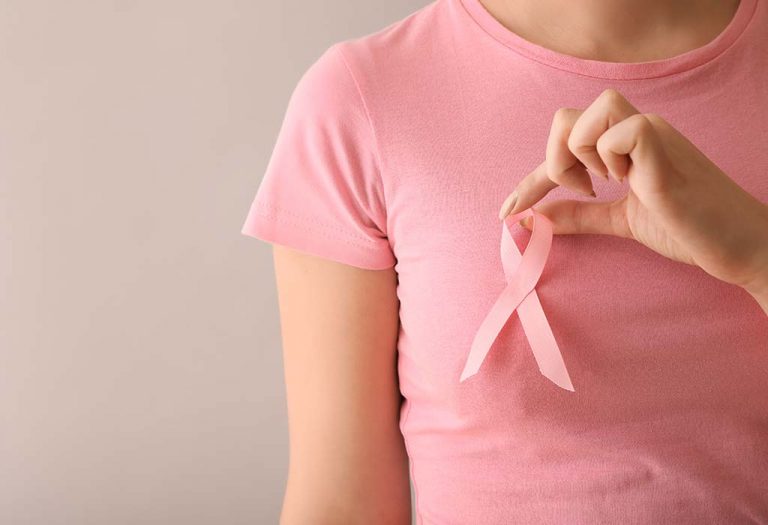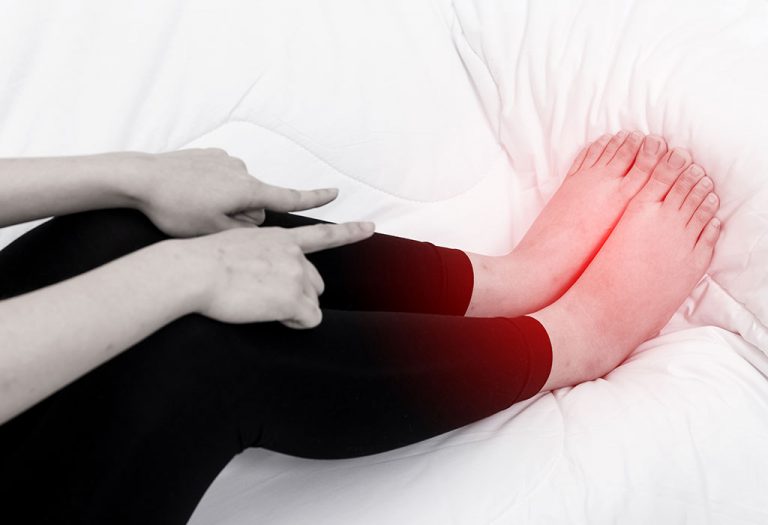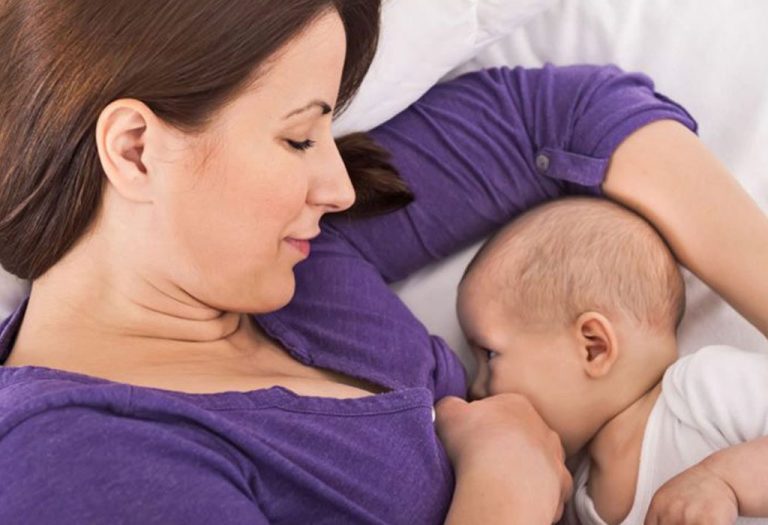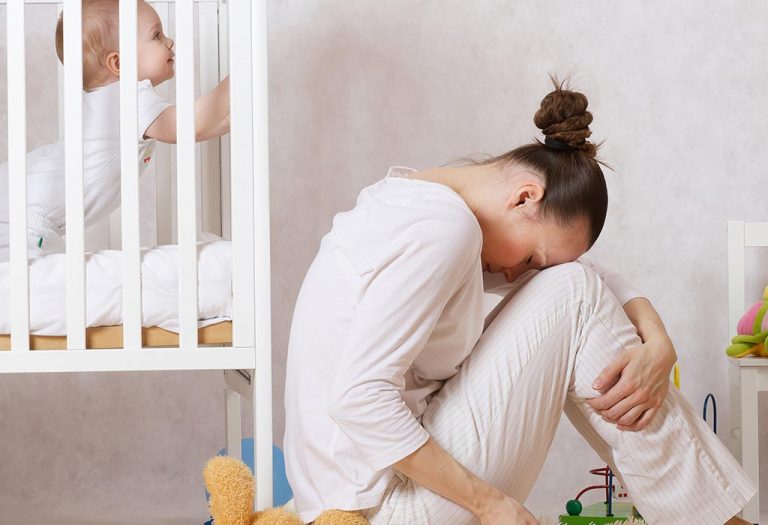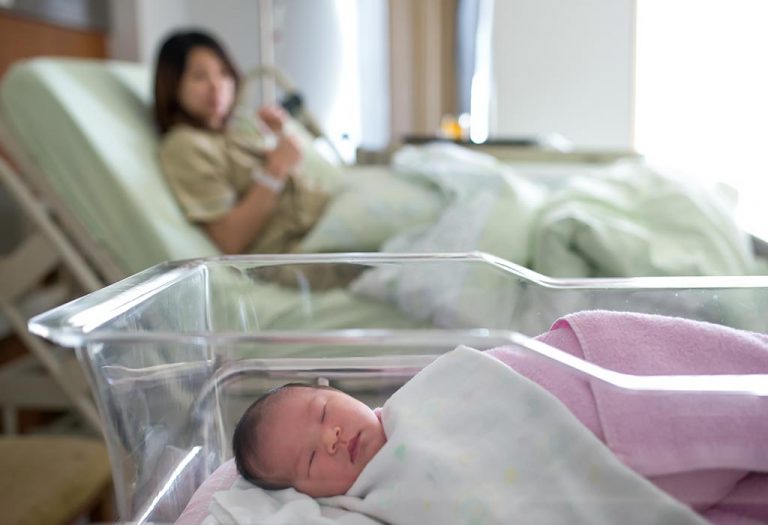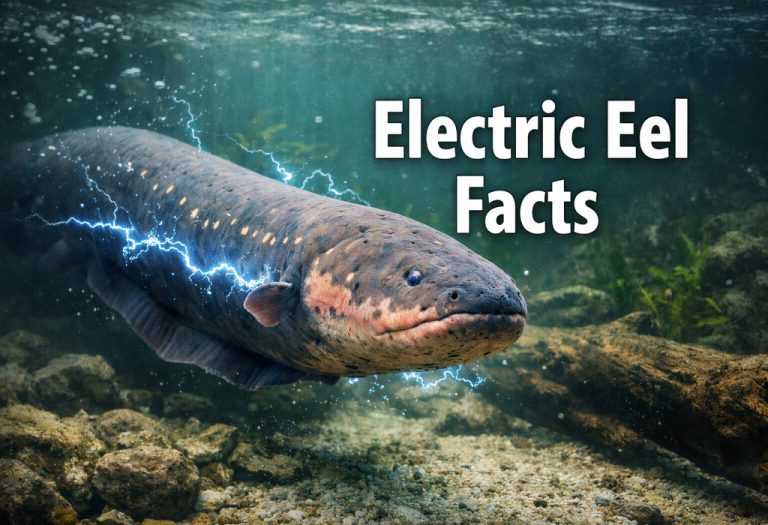Why Postpartum Is a Catch-up Opportunity for HPV Prevention
Disclaimer: This information is intended for awareness purposes only and should not be considered a substitute for professional medical advice. Please consult your doctor.
In India, nearly one person dies of cervical cancer every 5 minutes (1), even though this cancer is largely preventable (2). Caused by the human papillomavirus (HPV) (3), cervical cancer can be prevented through timely HPV vaccination (2).
After childbirth, your body undergoes multiple changes. While you focus on your baby’s care, it’s just as important to prioritise your own health.
*Data as of 2022
For most people, HPV clears on its own. But for those who don’t clear the virus, it can cause certain HPV related cancers and diseases.
Cervical Cancer: A Preventable Threat
Most people don’t realise they’ve been infected with HPV because it often shows no symptoms (4). Cervical cancer is primarily caused by a persistent HPV infection (3). Cervical cancer in some cases may start in the 30s, and the incidence can peak in the 50s (5).
But HPV doesn’t just cause cervical cancer; persistent infections can also lead to vaginal, vulvar, and anal cancers (3). That’s why global health organisations, such as WHO, recommend HPV vaccination for eligible women, starting from 9 years of age (6).
For most people, HPV clears on its own. But for those who don’t clear the virus, it can cause certain HPV related cancers and diseases.
Postpartum: The Ideal Window to Protect Yourself
Your postpartum check-up is more than just a recovery milestone; it’s an opportunity to prioritise preventive care. This is the perfect time to consult your gynaecologist about HPV prevention, including vaccination and regular screenings.
Why Now?
- Almost all cervical cancer cases can be prevented through timely HPV vaccination (2).
- HPV vaccination can help prevent cancers caused by HPV, including cervical, vaginal, vulva and anal cancers (2).
- The cost of HPV vaccination is a fraction of potential cervical cancer treatment costs (2).
For most people, HPV clears on its own. But for those who don’t clear the virus, it can cause certain HPV related cancers and diseases.
The HPV vaccine is not intended to be used for treatment and may not result in protection in all vaccine recipients. Vaccination does not eliminate the necessity for women to continue HPV relevant cancer screening recommended by HCP.
HPV Vaccination While Breastfeeding: Is it Safe?
According to the CDC (Centers for Disease Control and Prevention), HPV vaccination given to lactating women does not affect the safety of breastfeeding for mothers or infants (7). The Federation of Obstetric and Gynaecological Societies of India (FOGSI) also agrees that breastfeeding is not a contraindication for HPV vaccination. Available evidence does not indicate an increased risk of adverse events linked to the vaccine in either the mother or their babies after administration of the HPV vaccine to lactating females (8).
So, if you’re breastfeeding, recently delivered, or planning to complete your postpartum care checklist, this is a convenient window to talk to your doctor about HPV vaccination.
For most people, HPV clears on its own. But for those who don’t clear the virus, it can cause certain HPV related cancers and diseases.
Just like any other vaccine, the HPV vaccine may cause side effects which may vary from person to person, and its side effects are mild and temporary.
Protect Your Health to Protect Your Legacy
When we think of legacy, we often think of financial security or values passed on. But being healthy and present in every chapter of your child’s life.
More than 270 million doses of HPV vaccines have been distributed globally since licensure in 2006 (9). So, as a mother and a woman, take the step towards prevention.
Talk to your gynaecologist today about HPV vaccination for cervical cancer prevention.
For most people, HPV clears on its own. But for those who don’t clear the virus, it can cause certain HPV related cancers and diseases.
IN-GSL-01239 | 17/06/2025 – 13/03/2027
Also Read:
Cervical Cancer and Fertility
HPV and Cervical Cancer
Early Signs of Cervical Cancer to Look Out For
Was This Article Helpful?
Parenting is a huge responsibility, for you as a caregiver, but also for us as a parenting content platform. We understand that and take our responsibility of creating credible content seriously. FirstCry Parenting articles are written and published only after extensive research using factually sound references to deliver quality content that is accurate, validated by experts, and completely reliable. To understand how we go about creating content that is credible, read our editorial policy here.
3. Centers for Disease Control and Prevention – Human Papillomavirus
4. American Cancer Society – HPV Testing
5. PubMed Central – Cervical cancer in India and HPV vaccination
6. World Health Organization – Cervical cancer
7. Centres of Disease Control and Prevention – Vaccinations
8. Federation of Obstetric and Gynaecological Societies of India – HPV: Human Papilloma Virus





